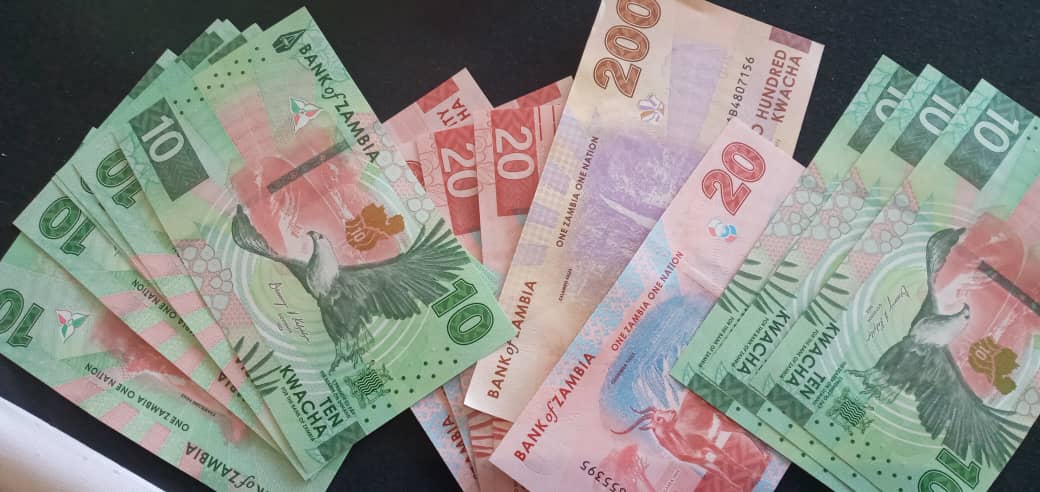2022 has been a very difficult year for digital asset and cryptocurrency markets. After surging to all-time highs last year, the value of many major cryptocurrencies have dropped sharply. Bitcoin has fallen by almost 60%. Ethereum is down by over 65%. For many investors and market participants, trust in the emerging space was rocked by the complete collapse of the Terra stablecoin in May.
This difficult bear market comes at a time when cryptos are increasingly prominent in markets across Africa. According to Chainalysis, a blockchain forensics firm, Africa’s cryptocurrency market grew by over 1200% between 2020 and 2021. They added that four African countries – Kenya, Nigeria, South Africa, and Tanzania – all rank in the top 20 for global crypto adoption.
This growth was largely powered by retail users rather than institutional investors. Chainalysis reported that African markets see “a bigger share of [their] transaction volume made up of large retail and small retail-sized payments than the global average.” This indicates “higher grassroots adoption amongst everyday users.”
Retail users continue to trade in crypto
Despite the challenges the crypto markets have faced this year, and despite the steep deterioration in value, it appears that retail users across Africa are nonetheless continuing to trade digital assets. Another report by Chainalysis, published in September, showed that the number of small retail transfers of $1000 or less have actually increased in Sub-Saharan Africa since the beginning of the bear market.
While it’s difficult to ascertain precise trading volumes across the continent – not least because much trading takes place between individuals on informal peer-to-peer (P2P) networks rather than established crypto-exchanges – this trend is likely to be pan-African.
The volume of small retail transfers in Africa has been largely unaffected by the bear market because users tend to be trading crypto for practical reasons. According to Adedeji Owonibi, founder of Convexity, a blockchain consultancy firm in Abuja, this is because the vast majority of citizens “don’t have the purchasing power” to trade speculatively, as is more common in European or American markets.
He points out that the minimum wage in Nigeria, where he is based, is N30,000 ($69) a month and the unemployment rate is 33%. The amount of disposable income available to trade crypto for speculative reasons is therefore highly limited.








